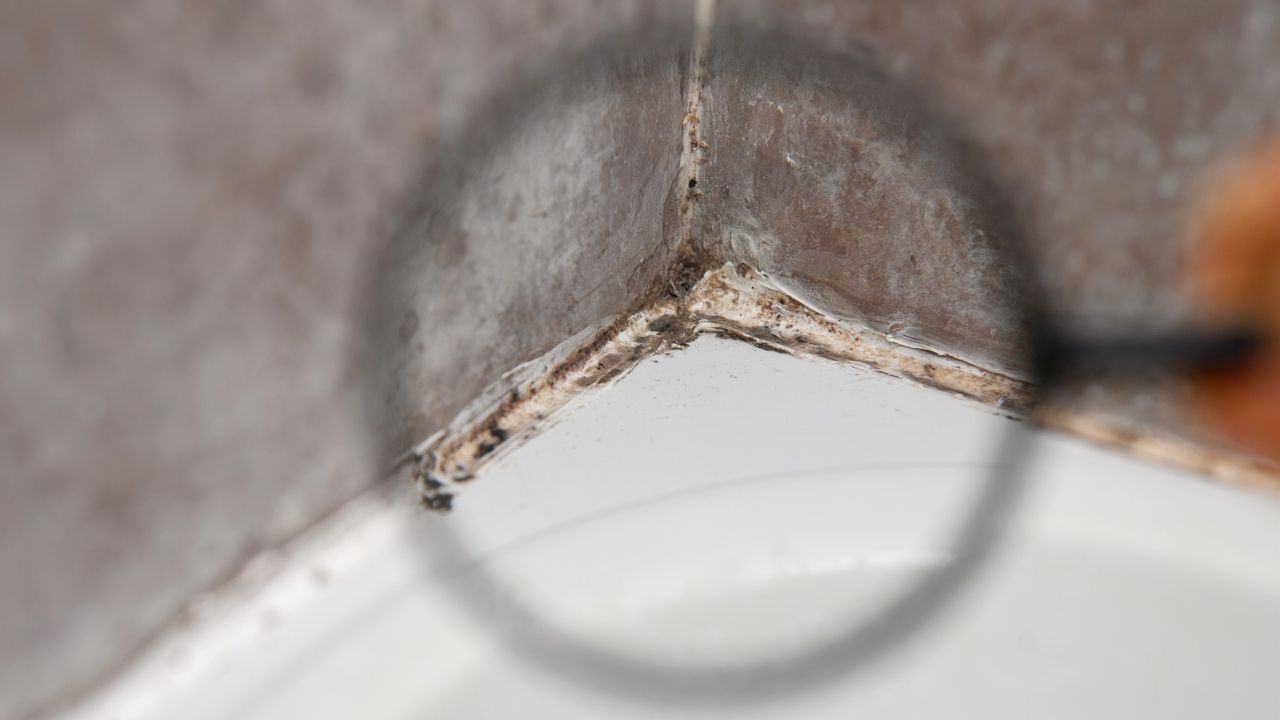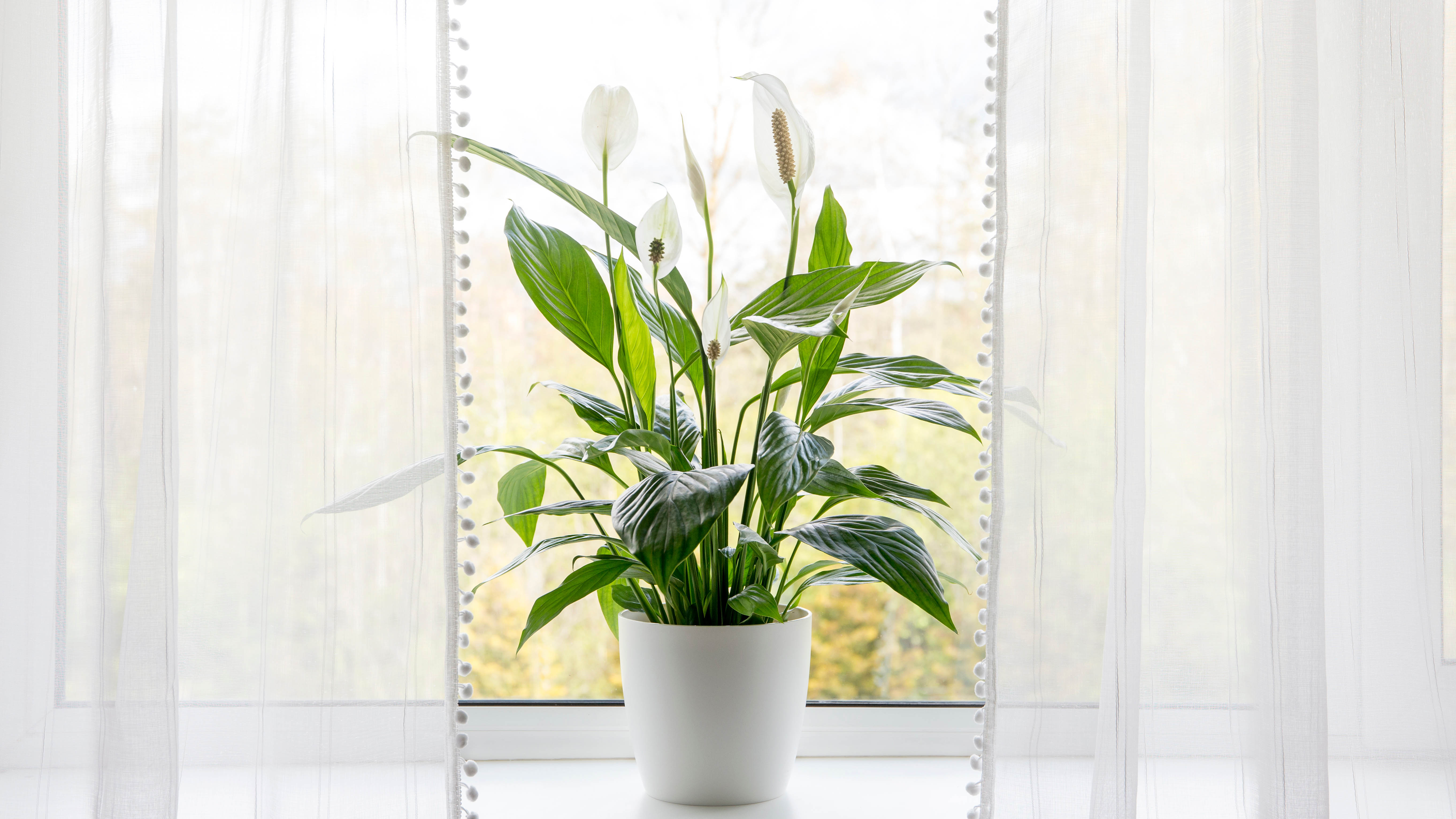
It’s always unsightly when you spot black or green mold spores appearing in your home, and our bathrooms are the most common place where you’ll find it. This is especially the case if you don’t have a window or adequate ventilation from steamy showers, and high levels of humidity.
What’s more, with fall temperatures starting to drop, many households will soon notice condensation forming on their windows during chilly mornings.
If you’re looking for alternative ways to get rid of mold in your home, you’ll be surprised to know there are certain plants that will help to prevent mold and mildew growth. In fact, experts swear by this one, popular indoor plant that could make all the difference in absorbing excess moisture and preventing the risk of mold spores.
“Condensation is a problem a lot of households will face during autumn,” advises Chris Bonnett, gardener from GardeningExpress.co.uk. “Too much of it can cause some serious problems and lead to mold growth.
“The good news is there are ways to control this and prevent condensation from forming in the first place. Certain plants are a great natural solution to help balance humidity in the home, and they look great too.”
So what is this popular plant that we should all grab for the fall months?
The Power of Peace Lillies

Peace lilies are a popular houseplant, known for its beautiful, white flowers. However, the peace lily is also known to absorb moisture through its leaves, loves the shade and thrives in high humidity — making it the ideal choice for areas prone to mold.
“Houseplants like the peace lily will absorb moisture through its leaves which will then travel through to their roots,” adds Bonnett. “It absorbs moisture through the air through its leaves and doesn’t need direct sunlight to thrive. This plant has beautiful white flowers, but can be toxic to pets, so keep it out of their way.
If your windows are particularly steamy, it means you need to bring down the moisture levels in your home, and plants can help do this.”
In addition, peace lilies are also great for those who suffer from allergies or asthma. However, this plant can be toxic to pets, so be sure to keep them away.
Of course, if you’re struggling with excess humidity, it’s always good to invest in one of the best dehumidifiers to quickly draw in moisture and dry out a space.
If you want to know what other plants absorb moisture, check out these 5 houseplants that will help prevent mold in your home. Or find out the 9 reasons why every home needs a peace lily, according to experts.
Follow Tom's Guide on Google News to get our up-to-date news, how-tos, and reviews in your feeds. Make sure to click the Follow button.







